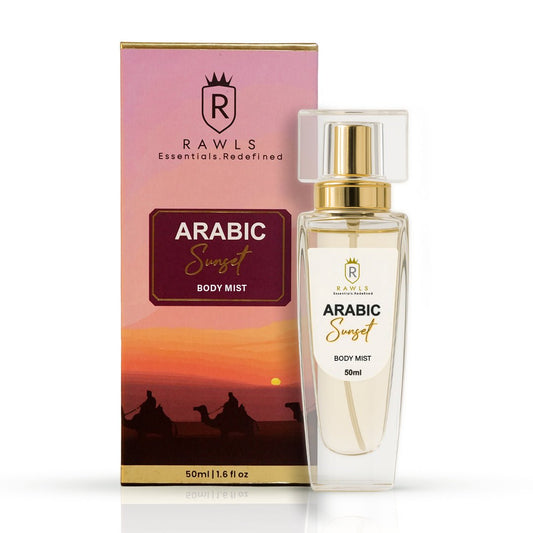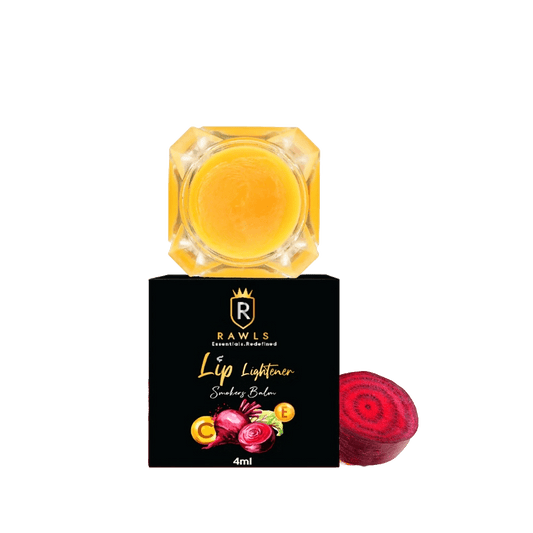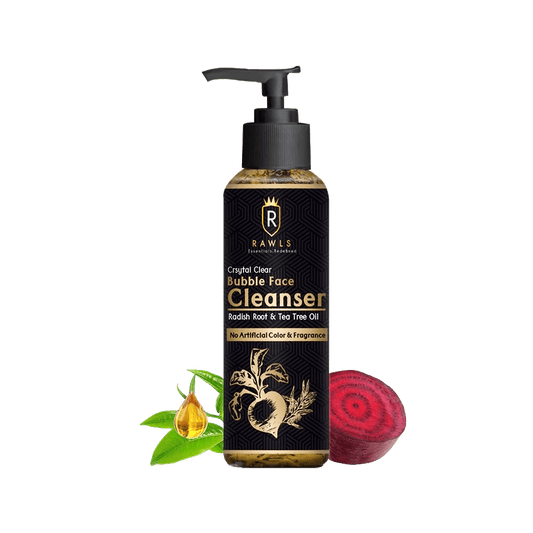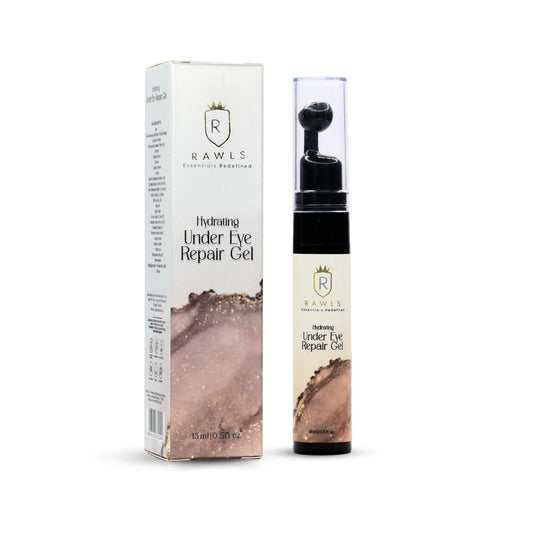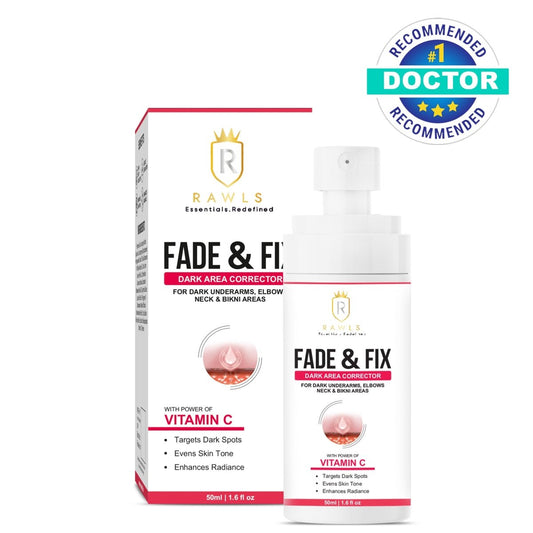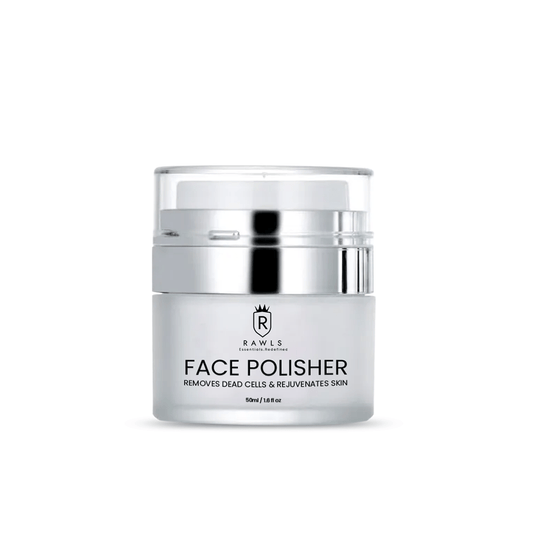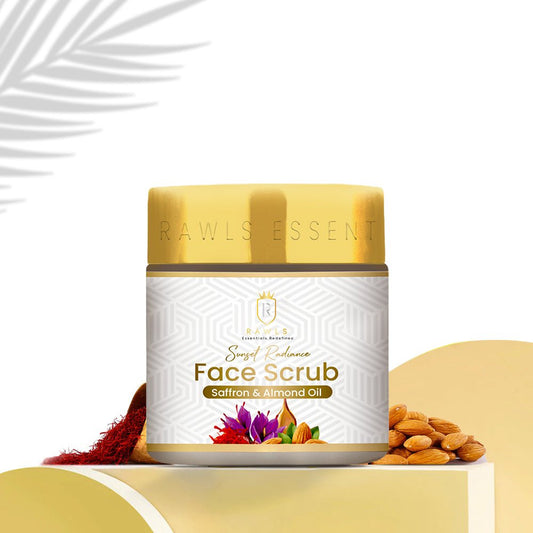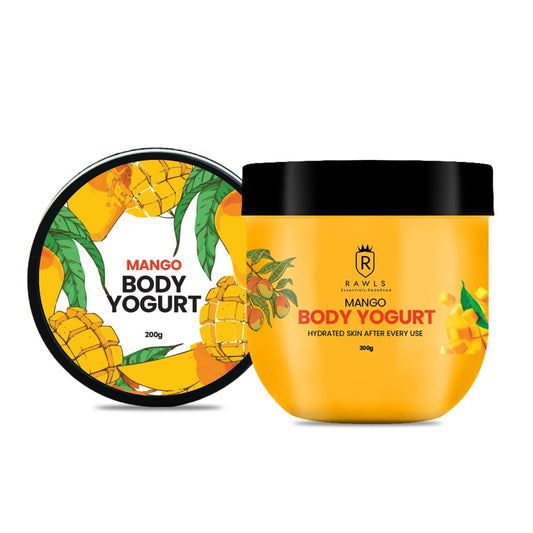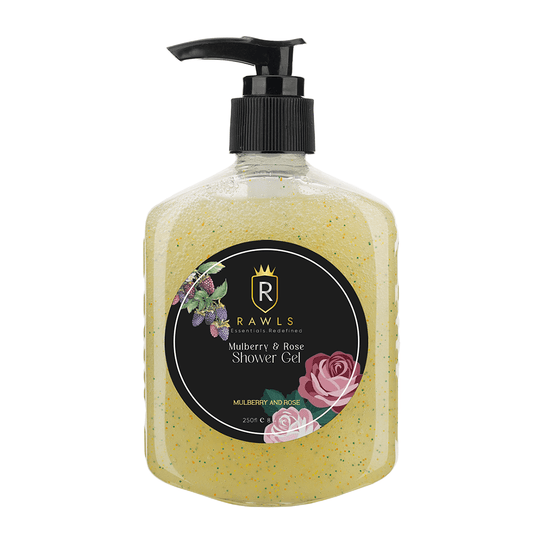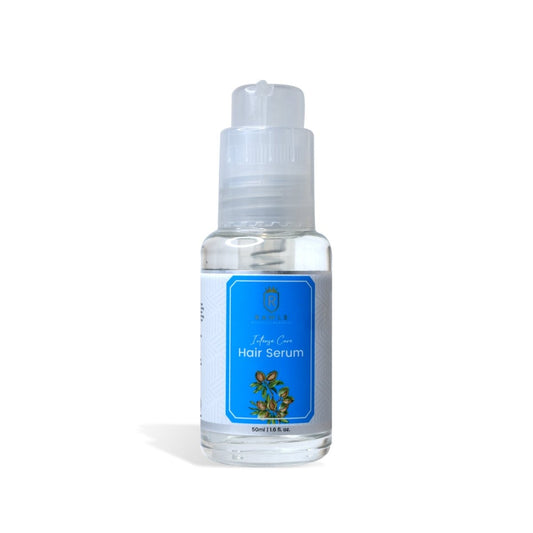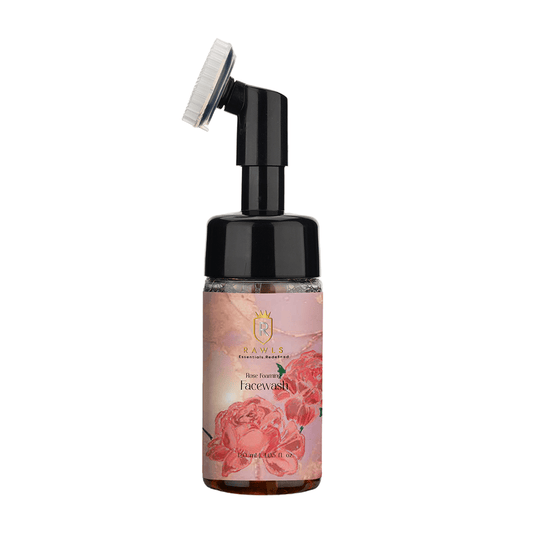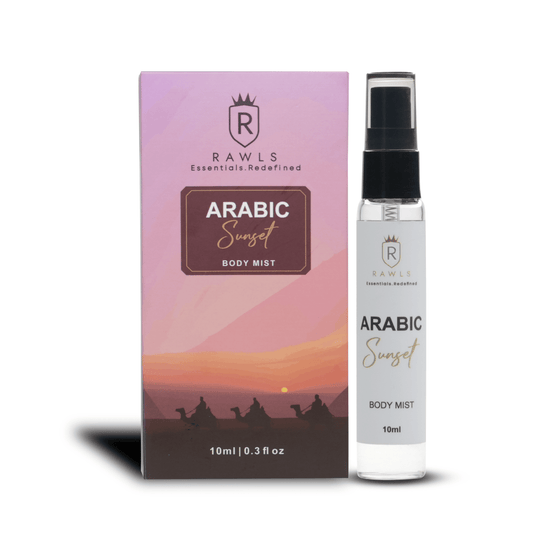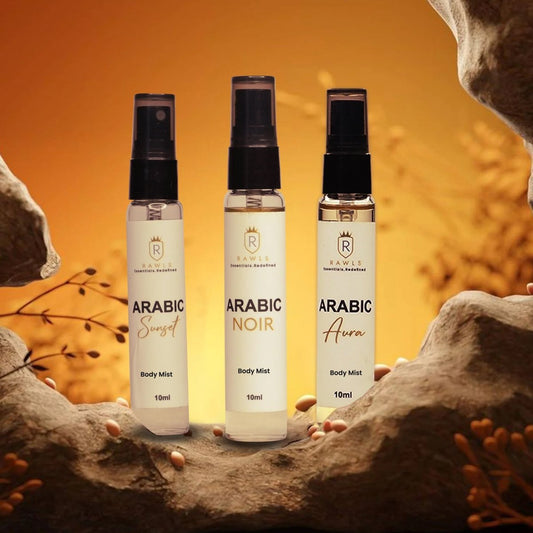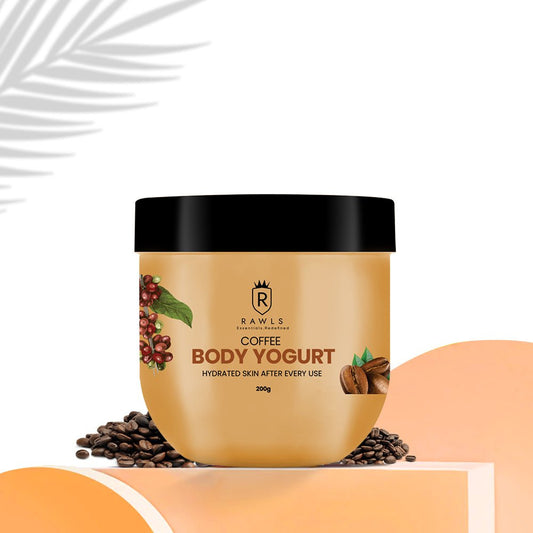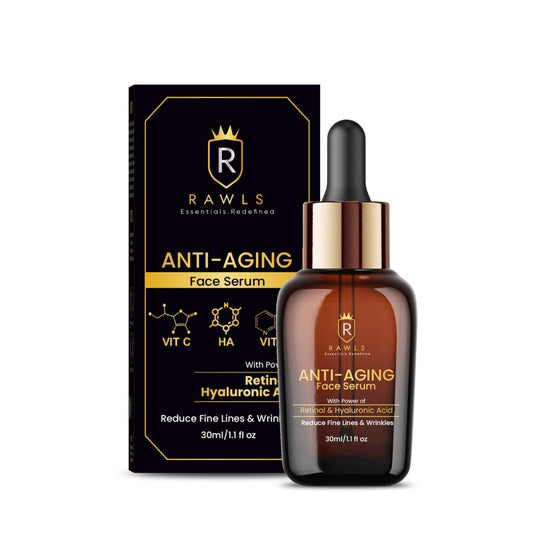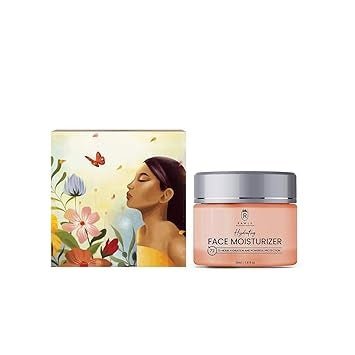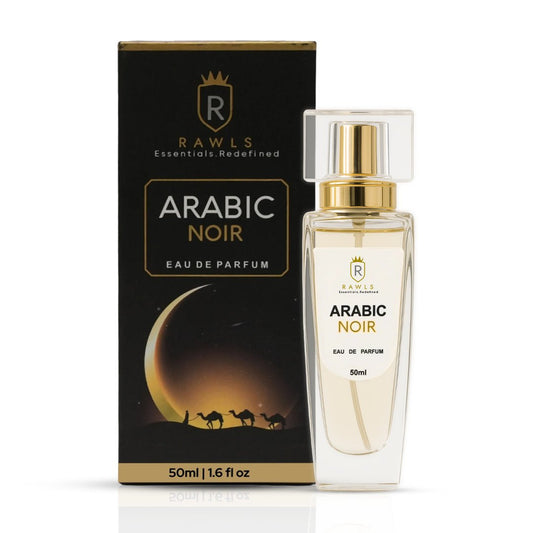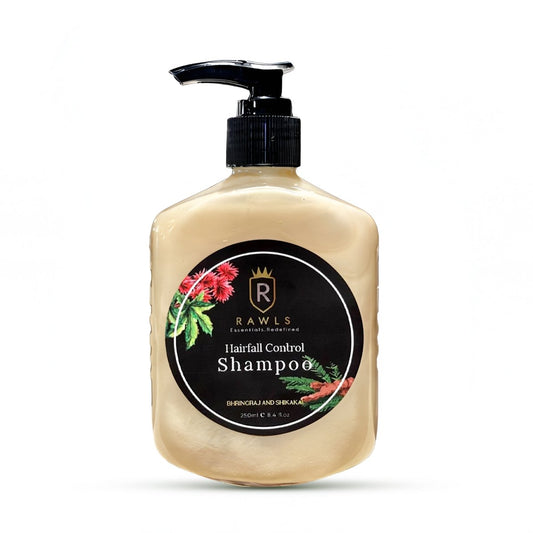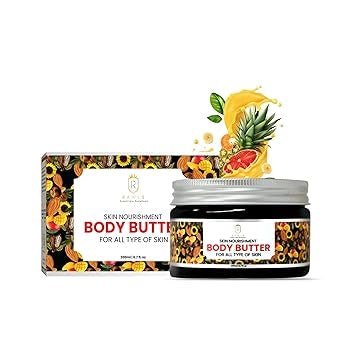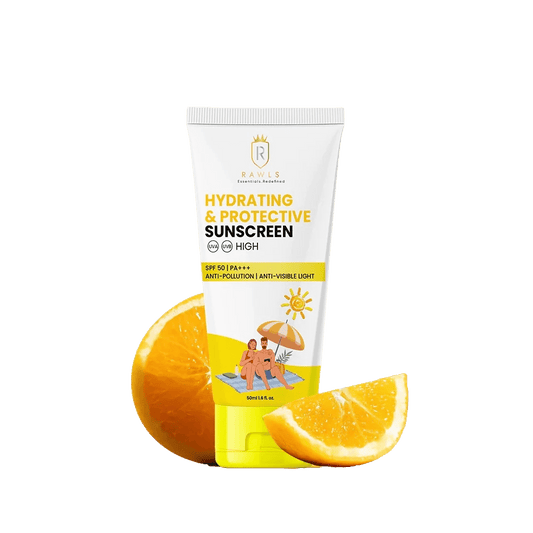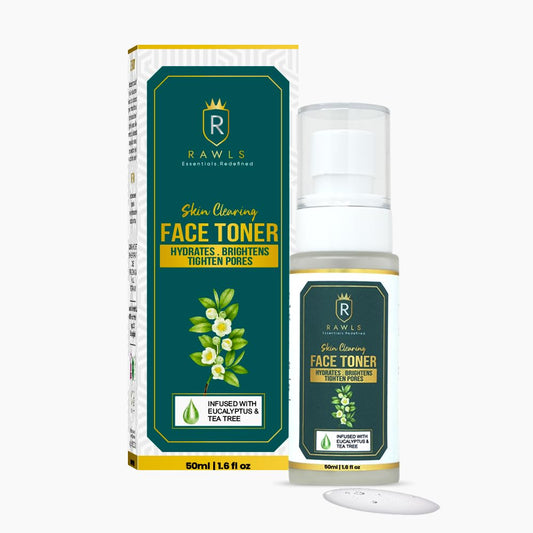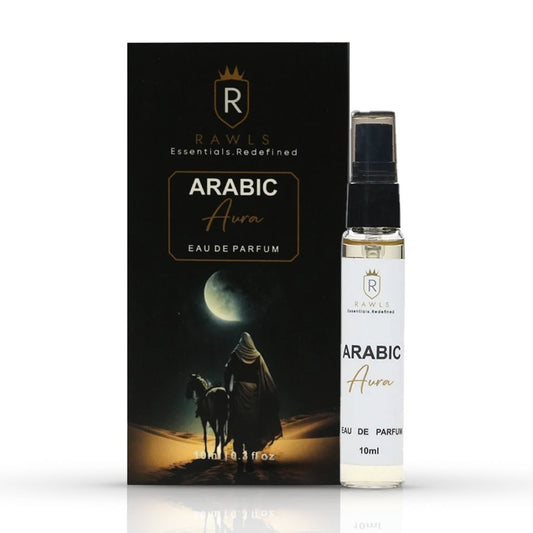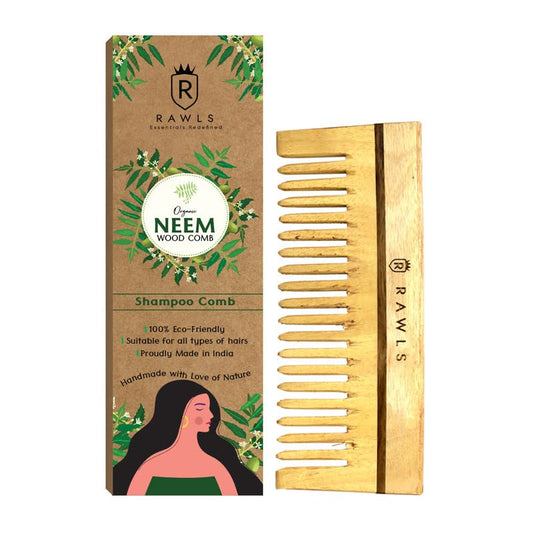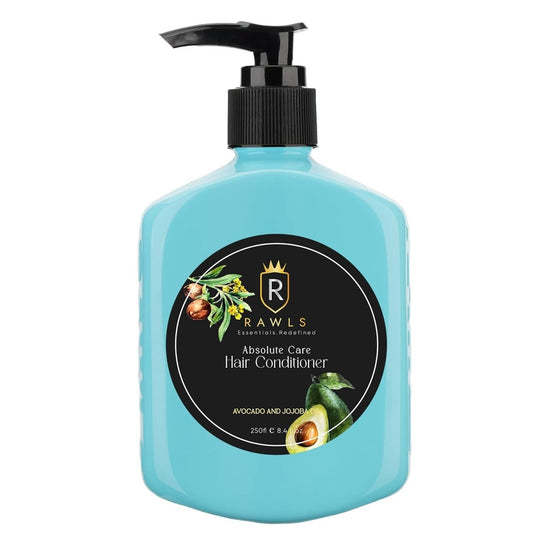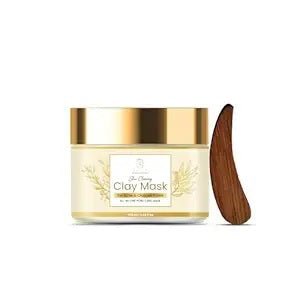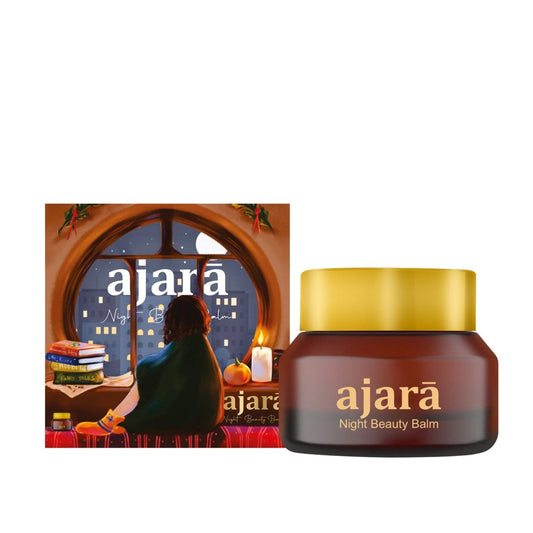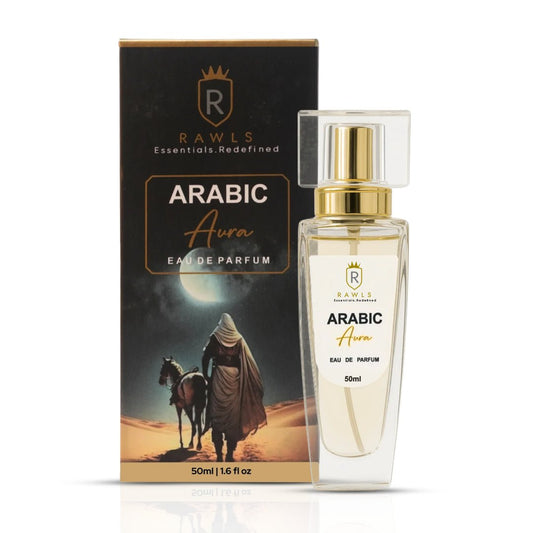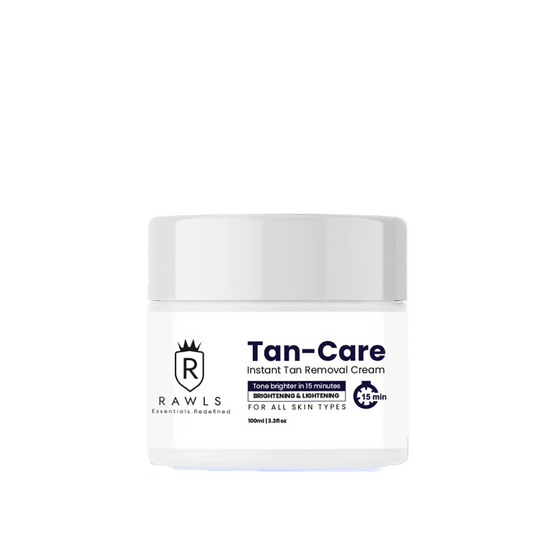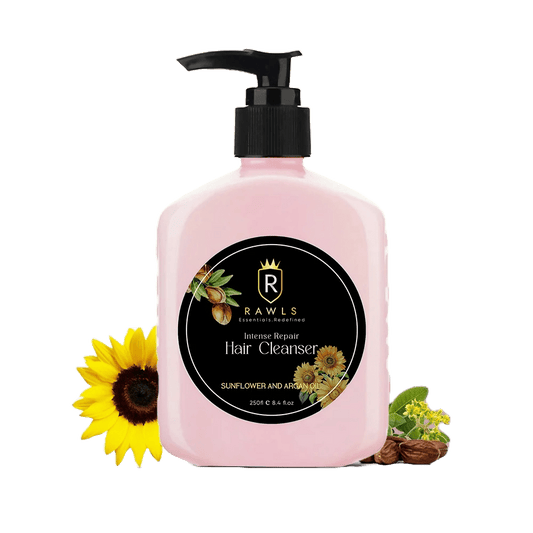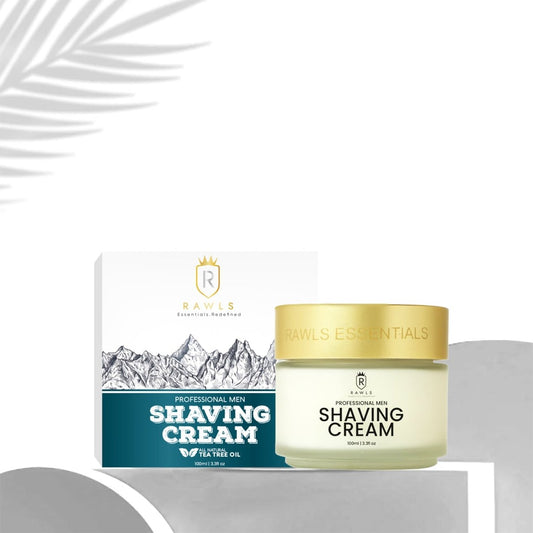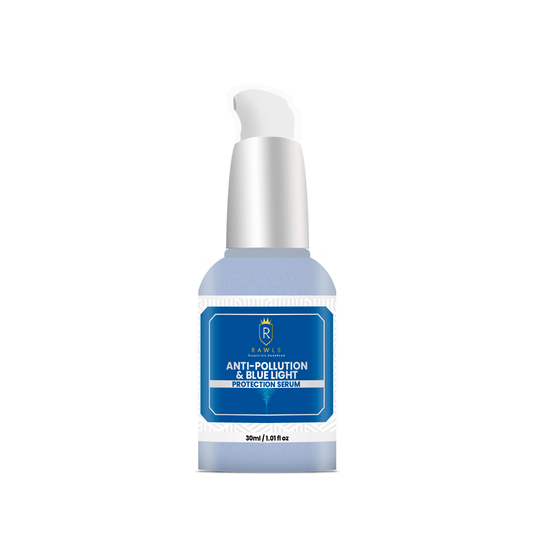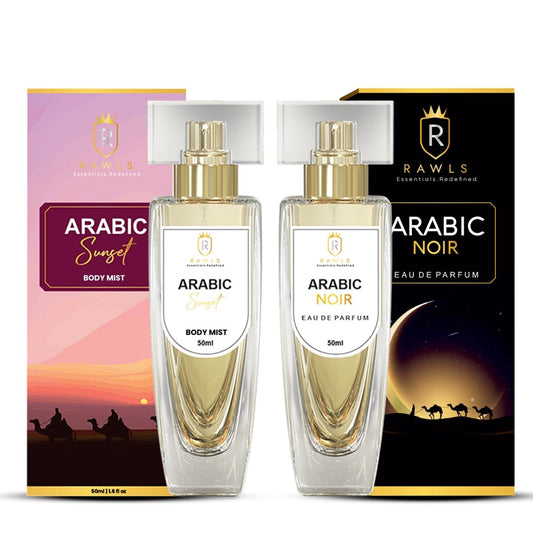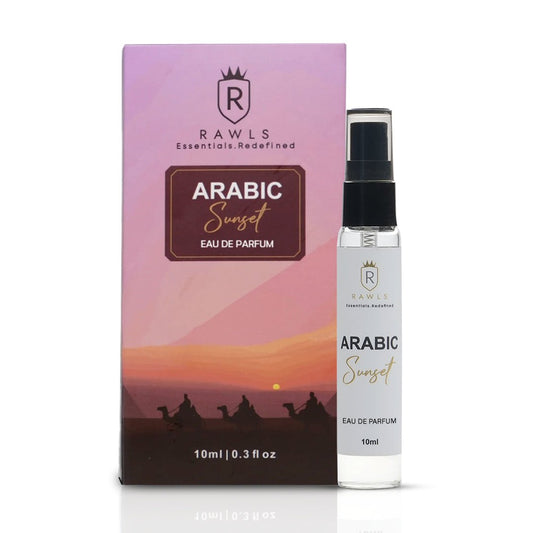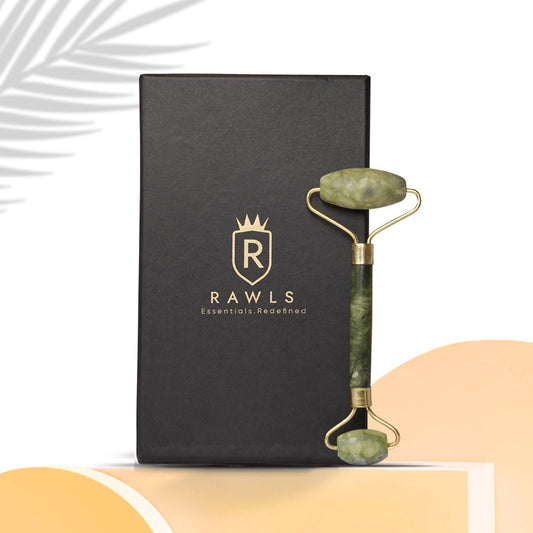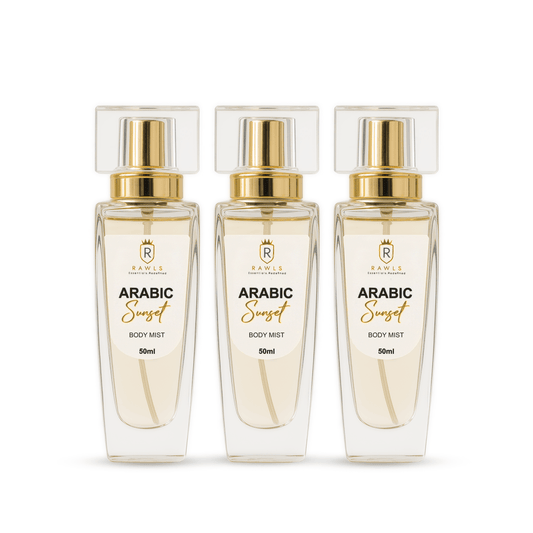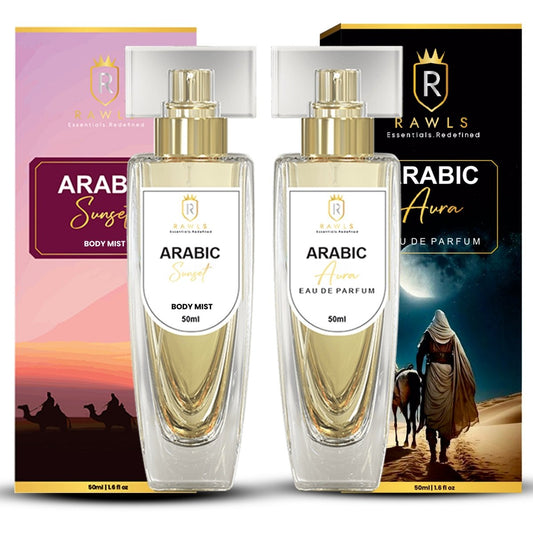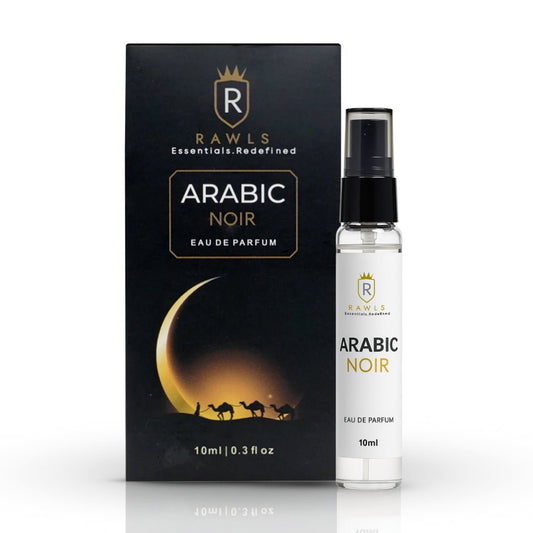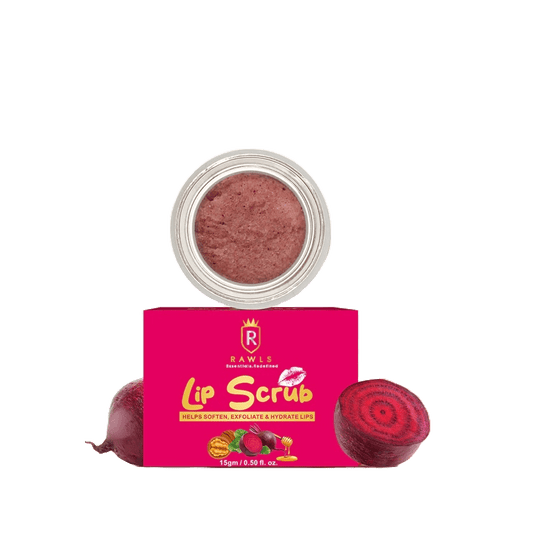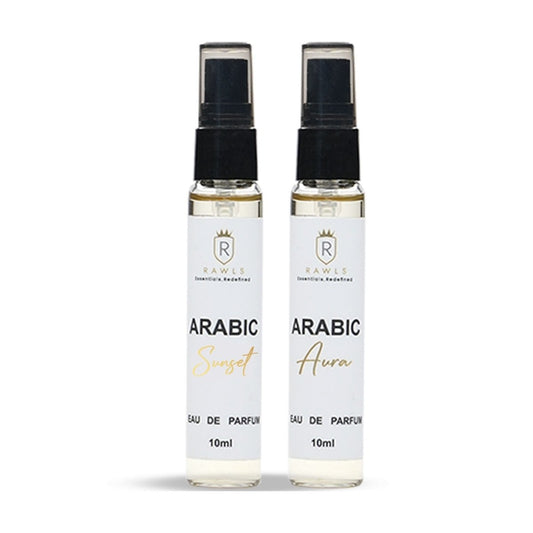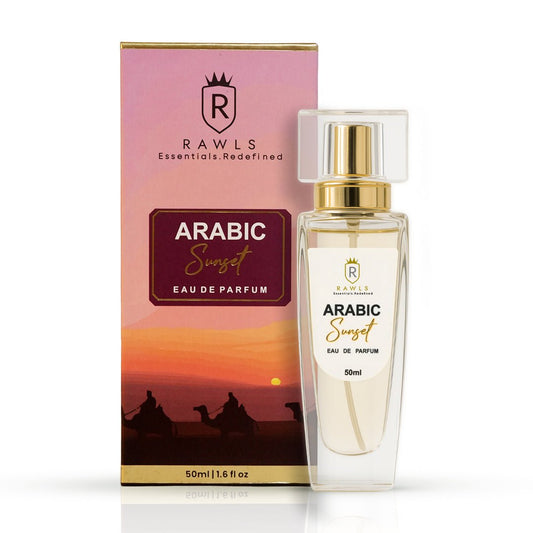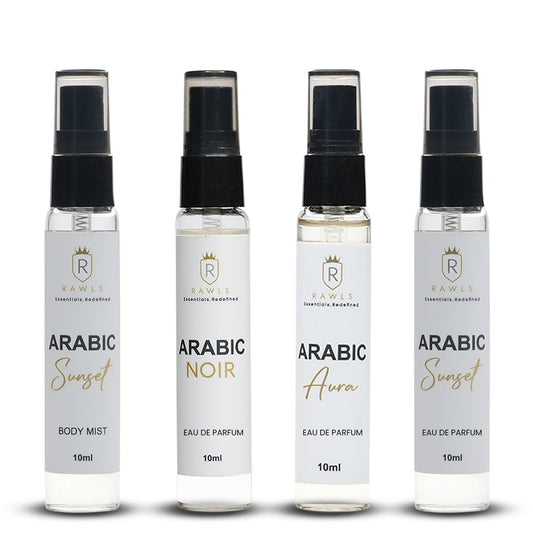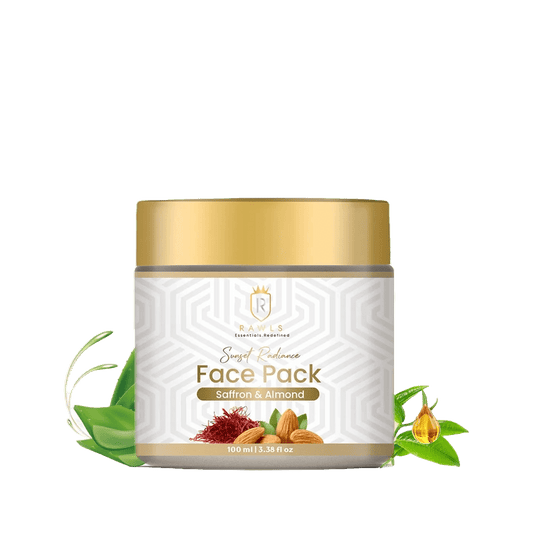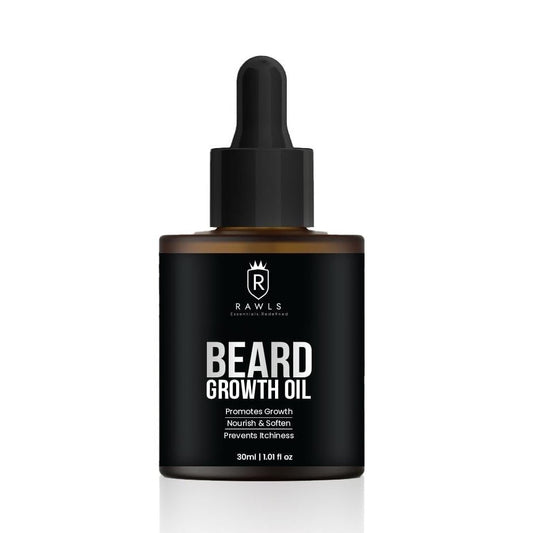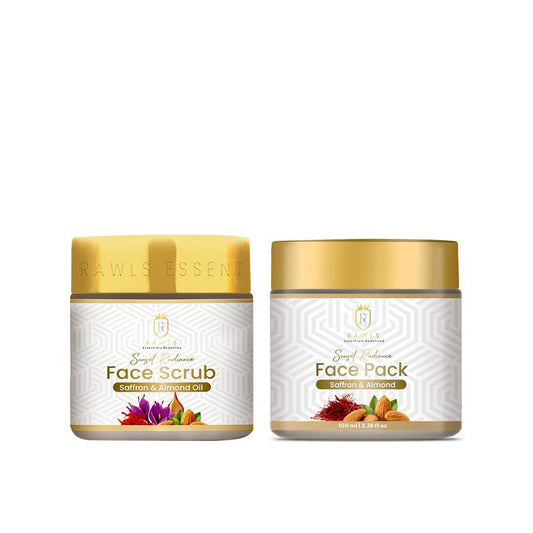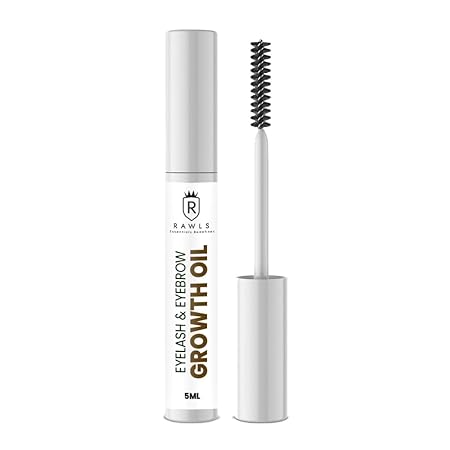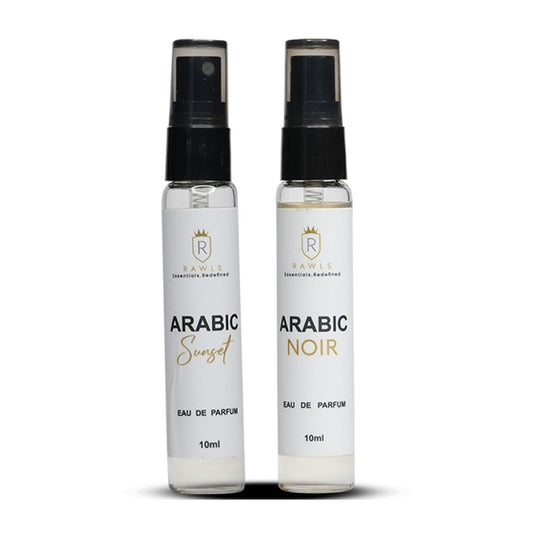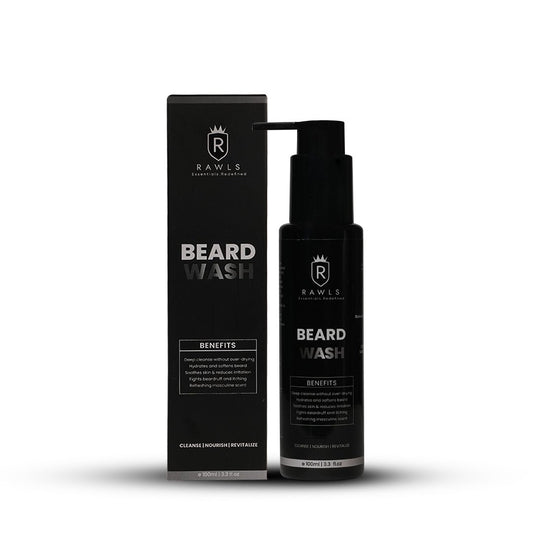Wrinkles, fine lines, and uneven skin tone got you down? You’re not alone! Many people are on the hunt for the perfect solution to achieve smoother, younger-looking skin. Enter retinol—a skincare powerhouse that’s scientifically proven to improve signs of aging, fade dark spots, and clear up acne.
But with so many options, how do you choose between a retinol serum and a retinol cream? In this blog, we’ll break down the differences, help you pick the right product for your skin type, and guide you on how to use it for the best results.
What Is a Retinol Serum?
Retinol serum is a lightweight, fast-absorbing skincare product packed with retinol, a derivative of Vitamin A. It works by promoting cell turnover, which helps reveal fresh, healthy skin underneath.
Benefits of Retinol Serums:
- High Concentration: Delivers potent amounts of retinol for targeted results.
- Lightweight Texture: Perfect for oily or acne-prone skin.
- Improves Skin Concerns: Tackles wrinkles, dark spots, and blemishes effectively.
If you’re looking for a product that penetrates deeply and works quickly, a retinol serum could be your go-to.
What Is a Retinol Cream?
Retinol creams, on the other hand, are richer and thicker, combining retinol with moisturizing ingredients. They’re ideal for those who need extra hydration alongside the anti-aging benefits of retinol.
Benefits of Retinol Creams:
- Hydrating Formula: Nourishes dry or sensitive skin.
- Gentler on Skin: Great for beginners or those prone to irritation.
- Multi-Purpose: Combines anti-aging with moisturization in one step.
If your skin often feels tight or flaky, a retinol cream is a better choice.
Retinol Serum vs. Cream: What Are the Differences?
Here’s a quick comparison to help you decide:
|
Feature |
Retinol Serum |
Retinol Cream |
|
Texture |
Lightweight, fast-absorbing |
Thick, hydrating |
|
Concentration |
Higher, more potent |
Lower, combined with moisturizers |
|
Best For |
Oily, acne-prone, or normal skin |
Dry, sensitive, or combination skin |
|
Hydration Level |
Minimal |
High |
The choice ultimately depends on your skin’s needs and preferences.
Retinol Serum vs. Cream: Skin Type
Here’s how to pick the right product based on your skin type:
- Oily/Acne-Prone Skin: Go for a lightweight serum to avoid clogging pores while targeting blemishes.
- Normal/Combination Skin: You can use either, depending on your hydration needs.
- Dry/Sensitive Skin: Choose a cream to provide extra nourishment and reduce the risk of irritation.
How to Use Retinol Serum vs. Cream?
Incorporating retinol into your routine can seem daunting, but it’s simple with these steps:
- Start Slow: Begin with 1-2 applications per week, gradually increasing frequency.
- Moisturize: Always follow retinol with a moisturizer to prevent dryness.
- Sunscreen: Retinol makes your skin more sensitive to sunlight, so apply SPF 30+ daily.
- Patch Test: Test on a small area to check for irritation before full-face application.
Can I Use Retinol Serum and Retinol Cream Together?
It’s generally not recommended to use both at the same time as it can lead to over-exfoliation and irritation. Stick to one product unless directed otherwise by a dermatologist.
How to Add Retinol to Your Routine?
Here are tips for seamlessly introducing retinol into your skincare:
- Start with nighttime use to allow your skin to adjust.
- Gradually increase strength as your skin builds tolerance.
- Consistency is key—results take time but are worth the effort.
FAQs About Retinol
-
What are the potential side effects?
Dryness, redness, and peeling are common during the adjustment period. -
How long does it take to see results?
Visible improvements typically appear after 4-8 weeks of consistent use. -
Are there alternatives to retinol?
Yes, try bakuchiol, a plant-based option for sensitive skin. -
Can pregnant women use retinol?
No, consult your doctor for pregnancy-safe alternatives. -
Can retinol help with acne?
Absolutely! Retinol reduces breakouts and fades post-acne marks. -
Should I avoid other actives with retinol?
Avoid using retinol with strong exfoliants or Vitamin C in the same routine. -
Does retinol make skin sensitive?
Yes, it increases photosensitivity. Always use sunscreen. -
What’s the best age to start using retinol?
Your late 20s or early 30s is ideal for preventive care. -
How should I store retinol products?
Keep them in a cool, dark place to preserve potency. -
Can men use retinol?
Absolutely! Retinol is effective for all genders.
Conclusion
Choosing between a retinol serum and cream depends on your skin type, concerns, and preferences. Serums are great for oily or acne-prone skin, while creams are ideal for dry or sensitive types.
Whichever you choose, the key is to start slow, moisturize well, and always wear sunscreen. Ready to begin your retinol journey? Try Rawls' Anti-Aging Face Serum for a powerful, skin-renewing experience.
With consistent use, you’ll be on your way to radiant, youthful skin!